Indigenous Governance Database
U.N. Declaration on the Rights of Indigenous Peoples (UNDRIP)
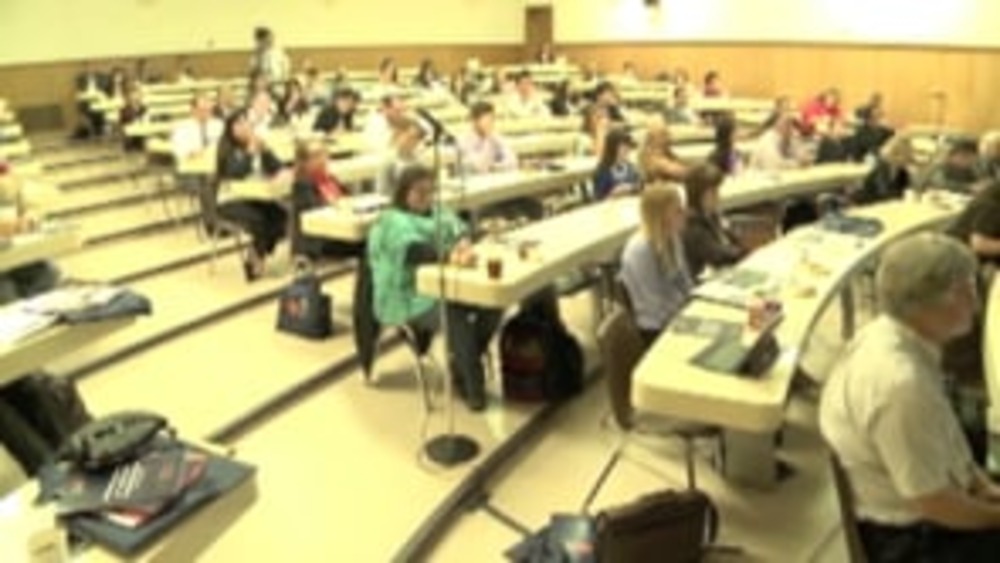
Good Native Governance Plenary 1: Innovations in Law
UCLA School of Law "Good Native Governance" conference presenters, panelists and participants Carole E. Goldberg, Matthew L.M. Fletcher, and Kristen A. Carpenter discuss law and the issues that Native nations deal with. Goldberg explains the recommendations of the Indian Law and Order Commission…
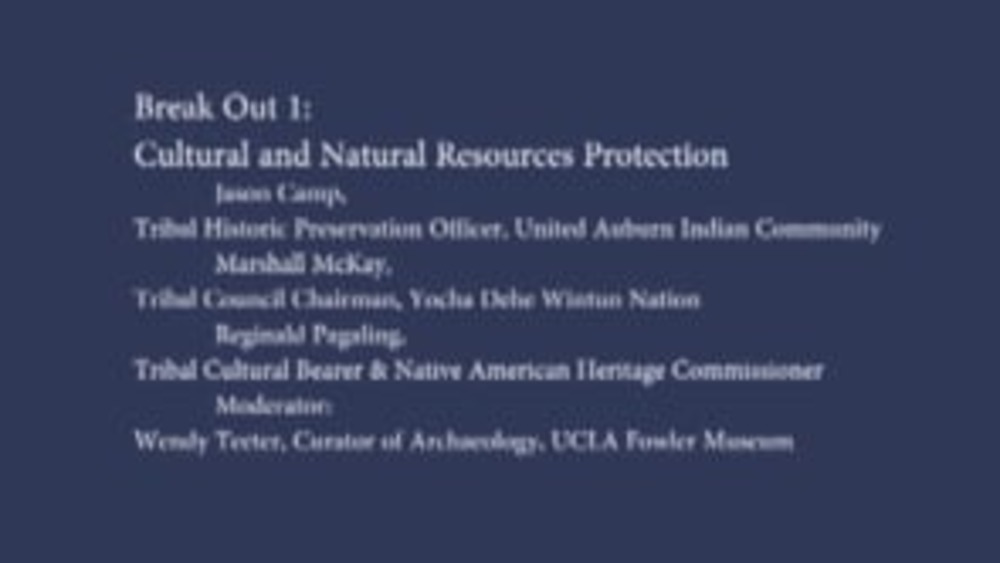
Good Native Governance Breakout 1: Cultural and Natural Resources Protection
UCLA School of Law "Good Native Governance" conference presenters, panelists and participants Reginald Pagaling, Marcos Guerrero, and Marshall McKay discuss their experience with cultural preservation and cooperation with the local and state governements. Reginald addresses the areas of concerns…
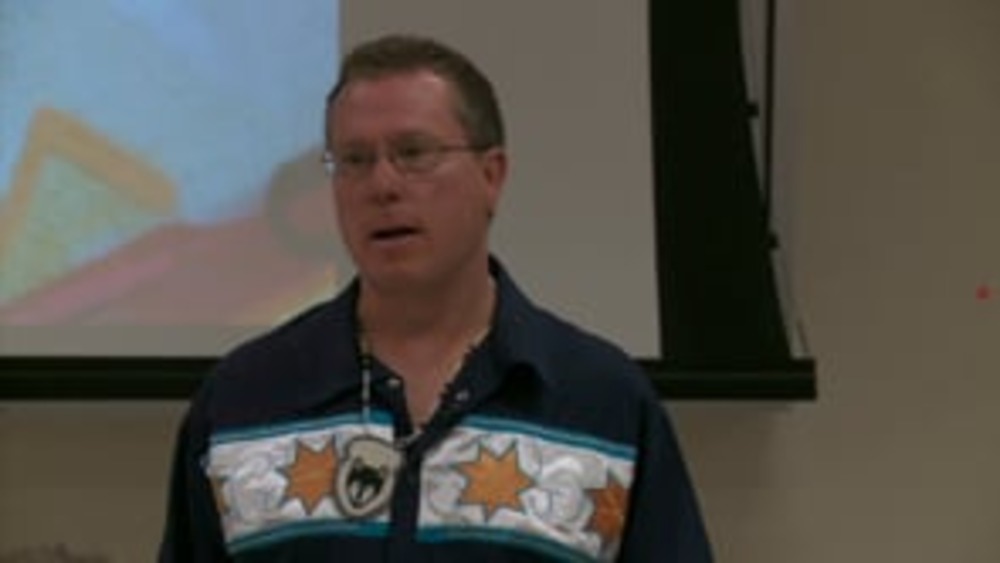
Jeff Corntassel: Sustainable Self-Determination: Re-envisioning Indigenous Governance, Leadership and Resurgence
Scholar Jeff Corntassel (Cherokee) lays out his comprehensive explanation for what sustainable self-determination entails for Indigenous peoples in the 21st century, and provides examples of some of the ways that he and others are engaging in small and large acts of resurgence that contribute to…
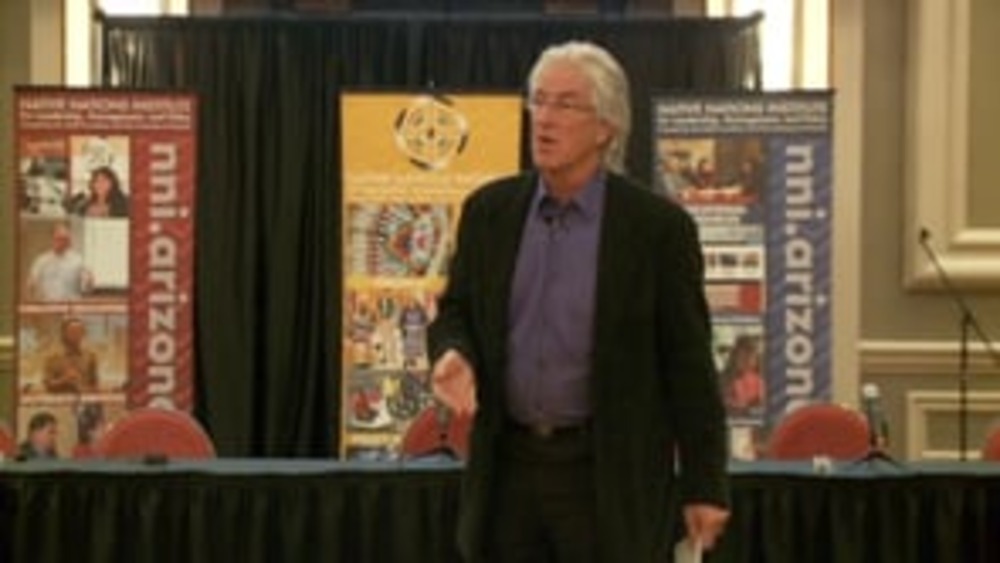
Robert Hershey: Dispelling Stereotypes about the Federal Government's Role in Native Nation Constitutional Reform
Robert Hershey, Professor of Law and American Indian Studies at The University of Arizona, dispels some longstanding stereotypes about what the federal government can and will do should a Native nation decide to amend its constitution to remove the Secretary of Interior approval clause or else make…
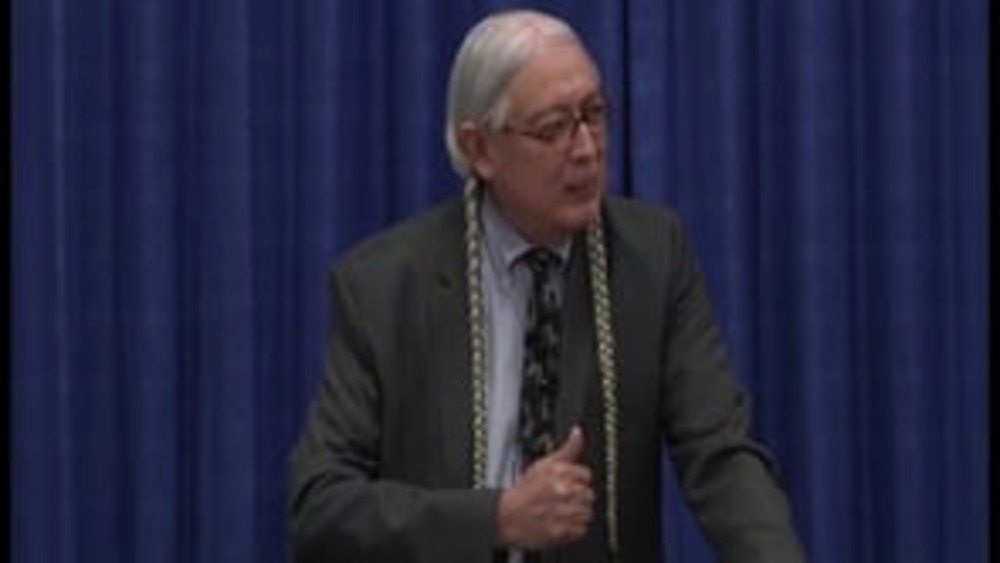
Walter Echo-Hawk: In the Light of Justice: The Rise of Human Rights in Native America & the U.N. Declaration of the Rights of Indigenous Peoples
Walter Echo-Hawk, legendary civil rights attorney, discusses his latest book In the Light of Justice: The Rise of Human Rights in Native America & the UN Declaration of the Rights of Indigenous Peoples, stressing the need for Native nations and peoples to band together to mount a campaign to…
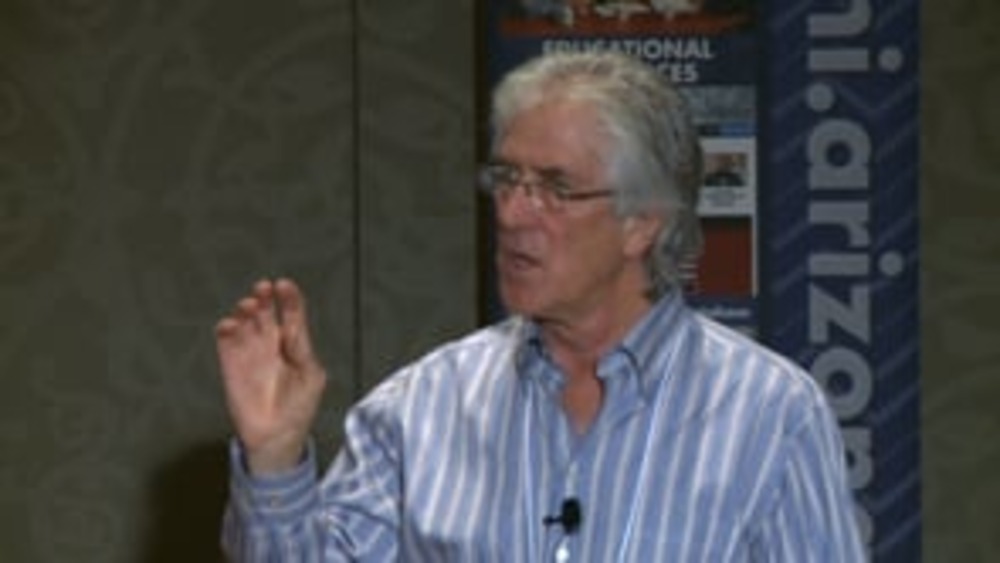
Robert Hershey: The Legal Process of Constitutional Reform
Robert Hershey, Professor of Law and American Indian Studies at the University of Arizona, provides an overview of what Native nations need to consider when it comes to the legal process involved with reforming their constitutions, and dispels some of the misconceptions that people have about the…
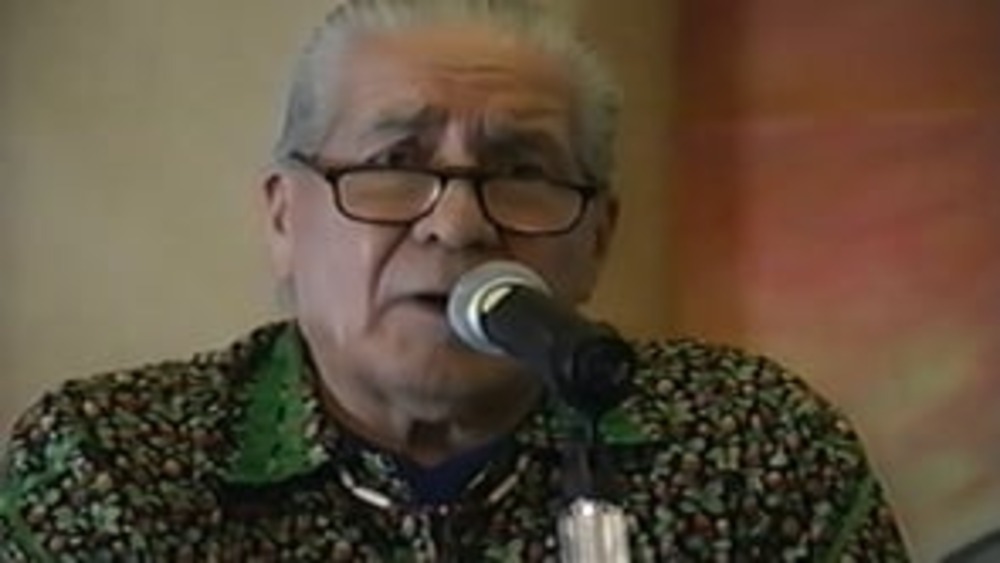
Honoring Nations: Oren Lyons: Governing Our Way to a Brighter Future
Onondaga Chief and Faithkeeper Oren Lyons shares his perspective on why governance matters to the sovereignty and long-term prosperity of Indigenous peoples, and stresses the importance of adhering to the long-taught instructions that have ensured the survival of those peoples to this day.
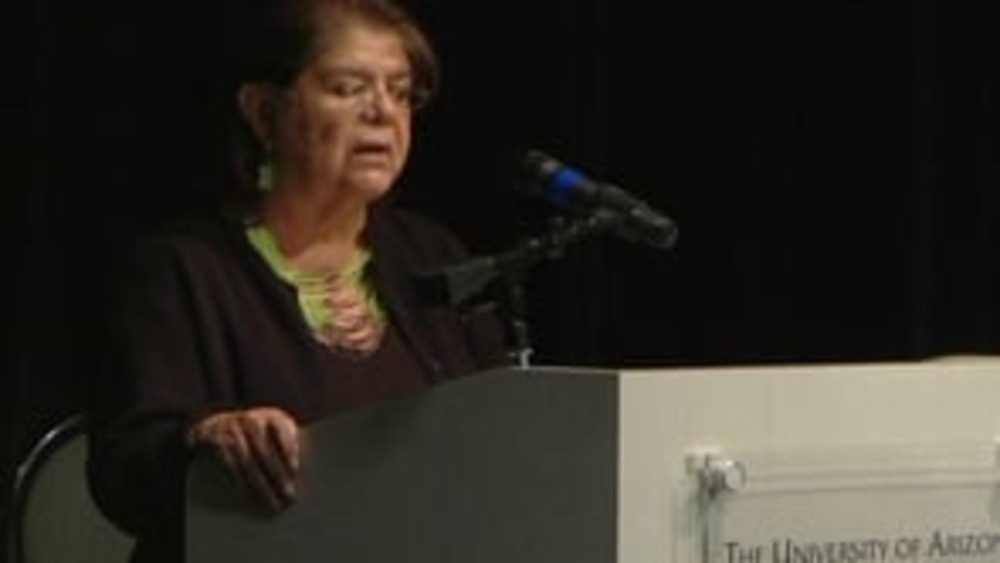
Wilma Mankiller: What it Means to be an Indigenous Person in the 21st Century: A Cherokee Woman's Perspective
Former Principal Chief of the Cherokee Nation Wilma Mankiller discusses the common misperceptions that people have about Indigenous people in the 21st century, and the efforts of Indigenous peoples to maintain their identity, cultures, values, and ways of life.
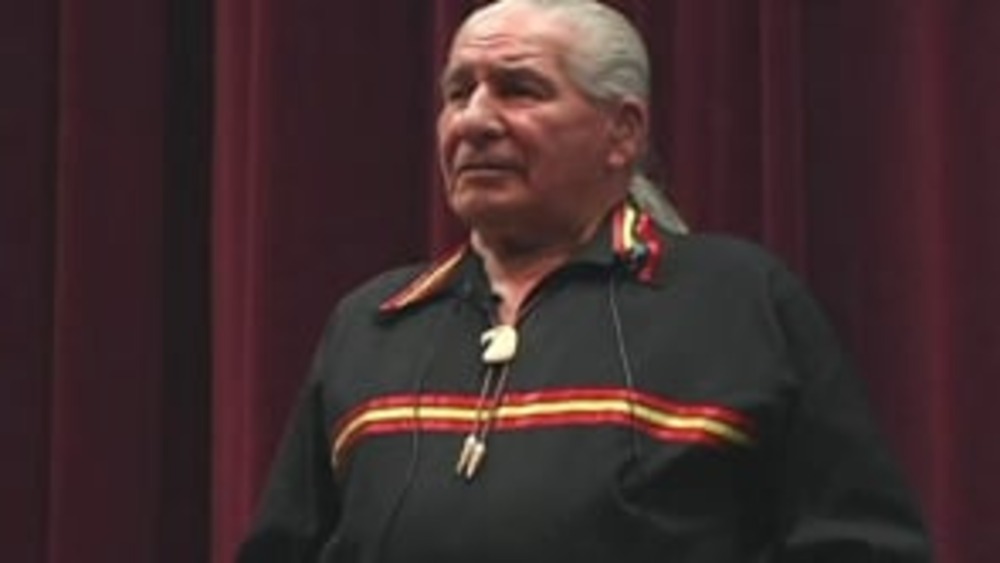
Oren Lyons: Looking Toward the Seventh Generation
Onondaga Chief and Faithkeeper Oren Lyons discusses the increasingly urgent issues of global warming and climate change and points to Indigenous peoples, their core values, and their reciprocal relationships to the natural world as sources of instruction for human beings to heed in order to combat…
Honoring Nations: Sovereignty Today: Q&A
The 2007 Honoring Nations symposium "Sovereignty Today" panel presenters as well as members of the Honoring Nations Board of Governors field questions from the audience and offer their thoughts on the state of tribal sovereignty today and the challenges that lie ahead.
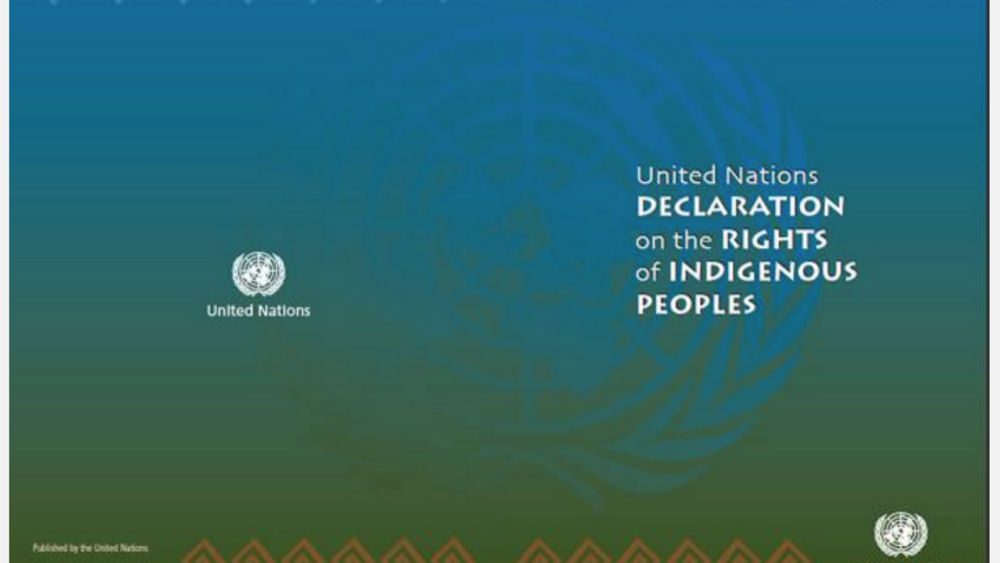
People Belong to the Land; Land Doesn't Belong to the People
The United Nations Declaration on the Rights of Indigenous Peoples (UNDRIP) does not recognize the right of indigenous nations to own land outside the laws and rules of national governments. According to international historical doctrines of discovery, Indigenous Peoples, non-Christian nations,…
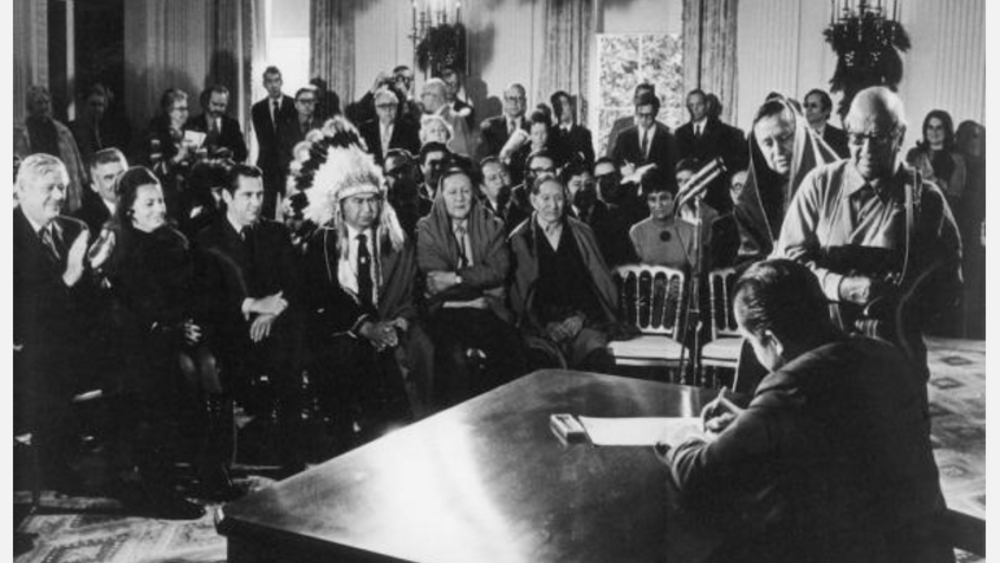
What Is Indigenous Self-Determination and When Does it Apply?
Self-determination is an expression often used in discussion of indigenous goals. However, the meaning of self-determination varies among Indigenous Peoples, scholars, international documents, and nation states. The most common meaning of self-determination suggests that peoples with common…

Dismembering Natives: The Violence Done by Citizenship Fights
Outside Indian Country most don't realize that over the past 10 years, several thousand people have had their tribal citizenship status terminated. Most were not dismembered for wrongdoing or adopted by other Native nations. They were simply identified by their elected officials as allegedly no…
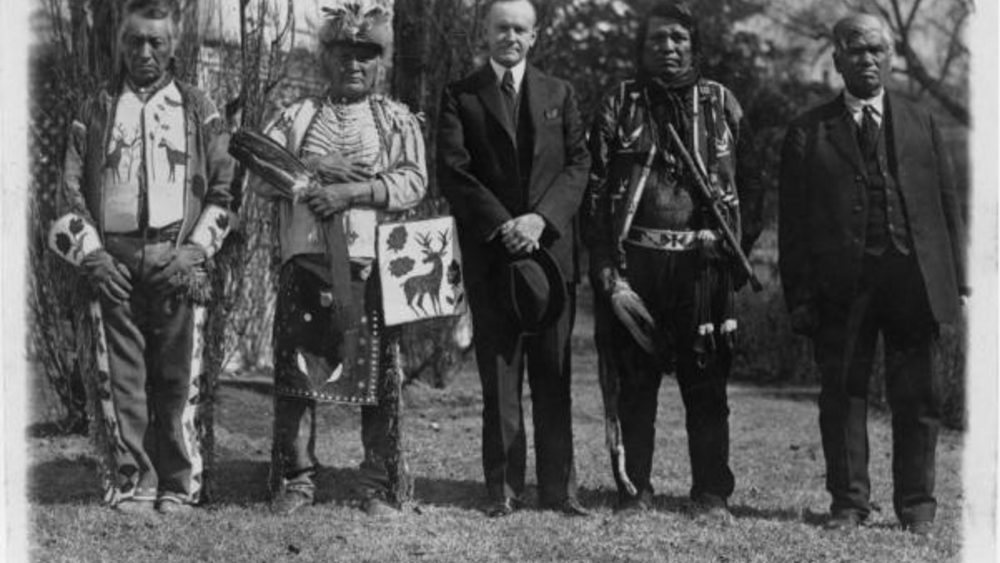
Indigenous and 21st Century Nationalisms
Indigenous Peoples live within the boundaries of nation-states but usually do not conform to the cultural, political, economic institutions and identities of their host states. Most contemporary democratic nation states are created by agreement through adoption of a constitution, which spells out…

Indian Nations Are Still Fighting the U.S. Cavalry
Throughout the 19th Century the U.S. Cavalry perpetrated the genocide of Indian People. Today’s Cavalry–federal, state and local police–are no longer committed to extermination. But American cops’ flagrant disregard for tribal self-governance when carrying out law enforcement activities on Indian…

How Tribal Nations Need to Be Understood Around the World
The word “nation” is one of those words that gets thrown around haphazardly by academics, laypeople and politicians alike; it has become synonymous with “nation-state” and “state” to describe what we understand today as the global polities we refer to as countries. But there are distinctions to be…
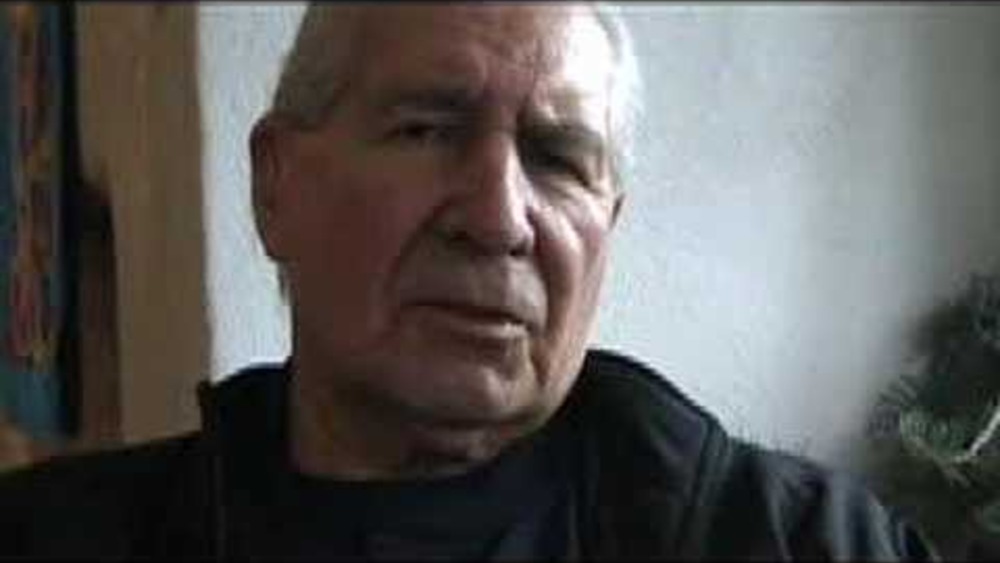
Chief Oren Lyons Discusses Sovereignty
This is a short interview with Chief Oren Lyons on the issue of sovereignty that was filmed shortly after the U.N. Declaration on the Rights of Indigenous Peoples was passed.
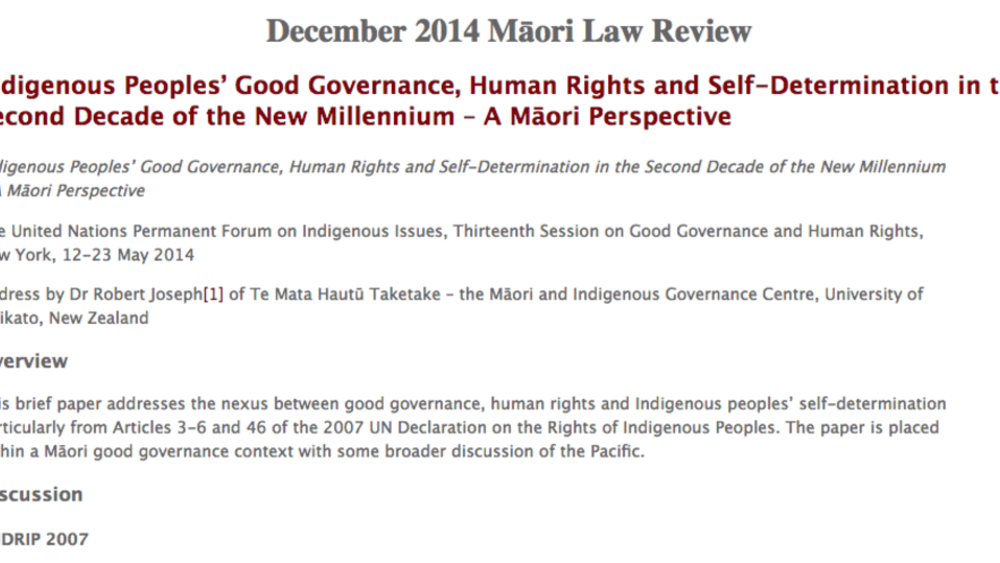
Indigenous Peoples’ Good Governance, Human Rights and Self-Determination in the Second Decade of the New Millennium – A Māori Perspective
This brief paper addresses the nexus between good governance, human rights and Indigenous peoples’ self-determination particularly from Articles 3-6 and 46 of the 2007 UN Declaration on the Rights of Indigenous Peoples. The paper is placed within a Māori good governance context with some…
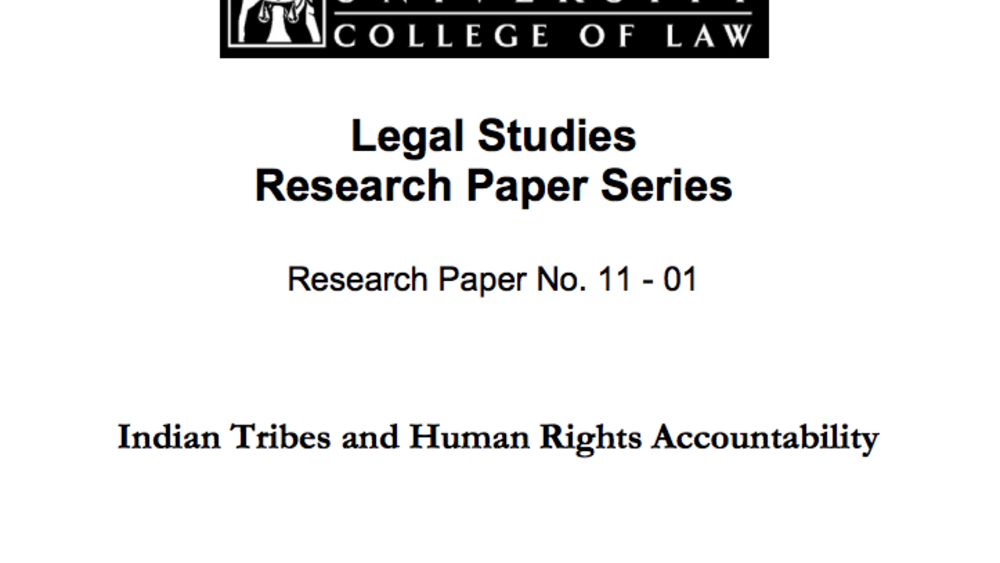
Indian Tribes and Human Rights Accountability
In Indian country, the expansion of self-governance, the growth of the gaming industry, and the increasing interdependence of Indian and non-Indian communities have intensified concern about the possible abuse of power by tribal governments. As tribes gain greater political and economic clout on…
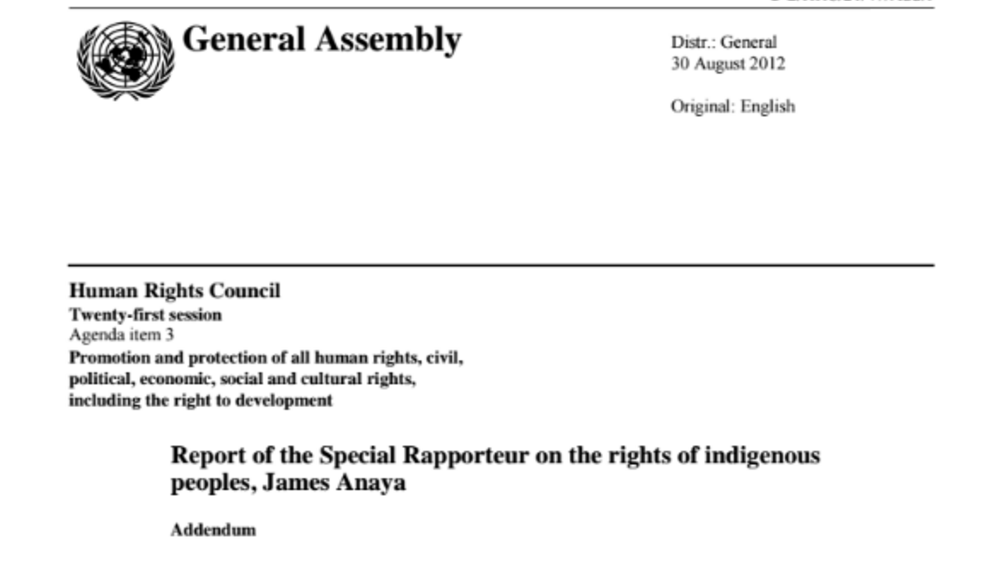
The situation of indigenous peoples in the United States of America
In this report, the United Nations Special Rapporteur on the rights of indigenous peoples examines the human rights situation of indigenous peoples in the United States, on the basis of research and information gathered, including during a visit to the country from 23 April to 4 May 2012. During…
